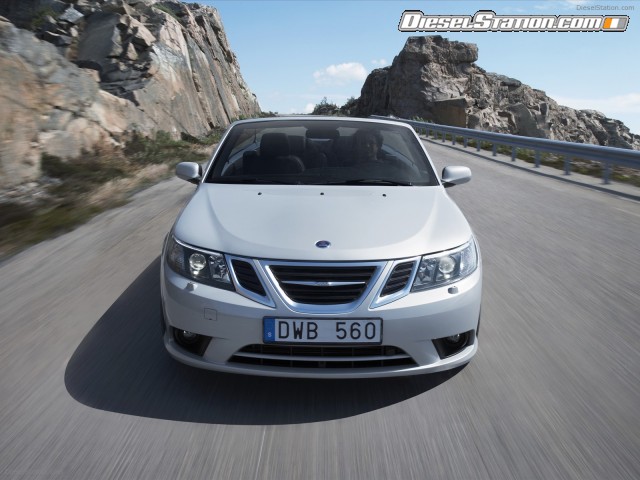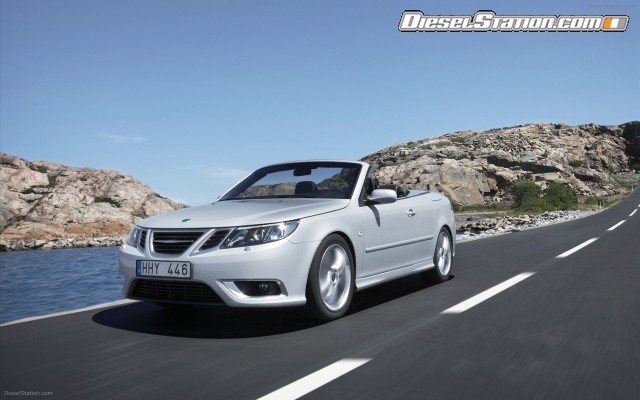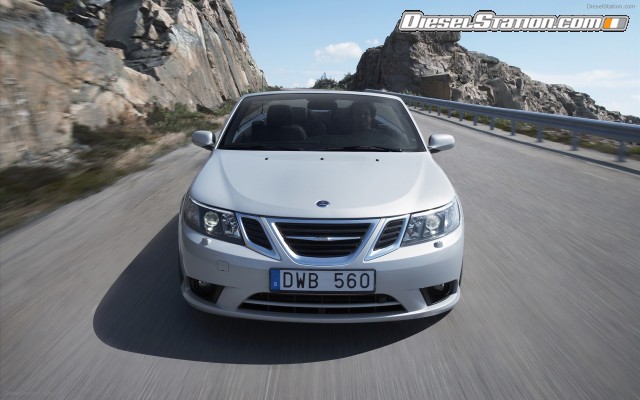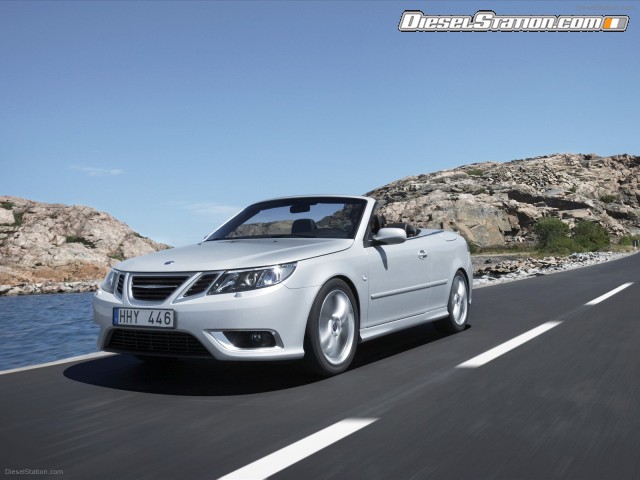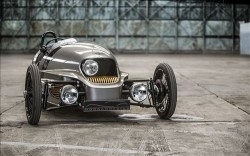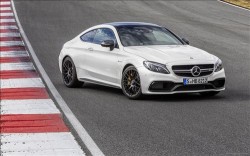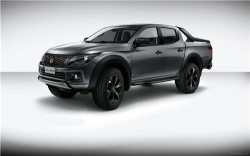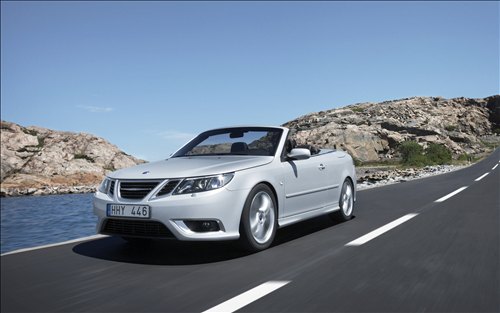Saab offers the 2010 model of diesel powered 9-3 Convertibles with 7% reduction in fuel consumption and CO2 emissions while keeping the performance as good as it was in older models.
Lower CO2 Emissions for Saab 9-3 Convertible
- CO2 and fuel consumption for diesel variants cut by seven percent
- Zero to 100 km/h acceleration and top speed unaffected
- Efficiency gains are part of Saab’s EcoPower Technology strategy
Trollhättan, Sweden. Diesel-powered Saab 9-3 Convertibles now offer customers an average seven percent reduction in fuel consumption and CO2 emissions without any noticeable loss in performance.
The improvements are part of Saab’s ongoing EcoPower Technology development strategy, which is focused on optimizing efficiency and reducing the environmental impact of its products.
Low emission diesel variants with the 150 hp/110 kW, single turbo 1.9-liter engine produce 145 g/km CO2 and fuel consumption of just 5.5 l/100 km over the combined cycle. With 180 hp/132 kW, two-stage turbo power, the figures are improved still further, to 144 g/km and 5.4 l/100 km.
Zero to 100 km/h acceleration and top speed is unchanged, while fifth gear 80-120 km/h times are increased by less than one second. The efficiency gains have been achieved by a series of fine-tuning measures including: the use of wider gear ratios, a longer final drive, idle and low engine speed remapping, and an optimized tire and wheel choice.
Available only with manual transmission, these variants are now built in Trollhättan, Sweden, like all Saabs. In many markets, they offer customers valuable CO2 tax-related benefits and are being introduced alongside 9-3 Sport Sedan and SportCombi diesel models, which already feature the improvements.




